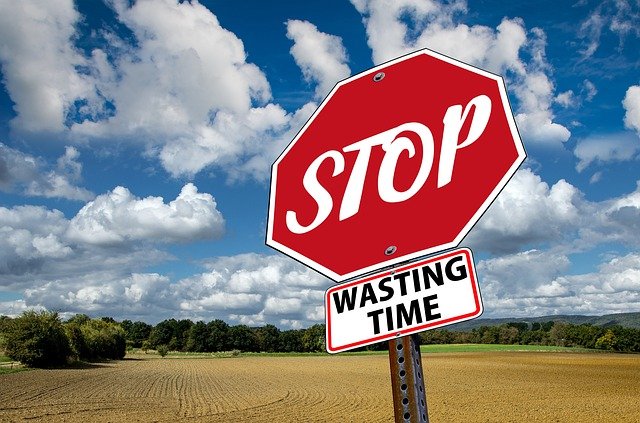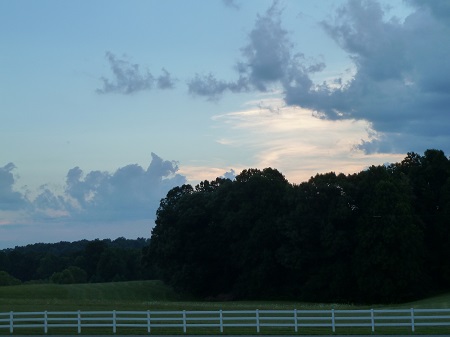Dillydally
 When we were children, adults occasionally warned us not to dillydally. This often happened when we failed to:
When we were children, adults occasionally warned us not to dillydally. This often happened when we failed to:
- Do our chores
- Finish our homework
- Go to bed on time
- Get up on time
- Take a bath
- Prepare for a special event
Dad often told us to rise and shine when we wanted to stay and sleep.
If we don’t want to do something, we dillydally.
We waste time. Similar words or expressions include:
- Lollygag
- Drag our feet
- Goof off
- Dawdle
Similar spellings include:
- Dilly dally
- Dilly-dally
All mean we do nothing or move slowly. We delay what we should do with less important activity.
We dillydally with actions that have no real purpose.
Rather than meaningful activity, we do something useless.
If we cannot decide, we may dillydally.
We put off doing anything, because we don’t know what to do. However, we can’t ride the fence forever. Eventually we must choose.
Perhaps we have several expressions for wasting time because we do it so often.
What do you think? Please comment.
“Don’t waste time along the way” (Luke 10:4 TLB).
Thanks to Kristy Robinson Horine for the suggestion. Photo courtesy of Pixabay.
Subscribe to receive my weekly posts by email and receive a free copy of “Words of Hope for Days that Hurt.”
If you enjoyed this post, please share it with your friends.
 Teetotal means total or complete.
Teetotal means total or complete.  Congratulations to Harriet Michael, whose name was randomly drawn from my blog subscribers for a free copy of “Easter Reflections.”
Congratulations to Harriet Michael, whose name was randomly drawn from my blog subscribers for a free copy of “Easter Reflections.”  At the end of the day means our final conclusion.
At the end of the day means our final conclusion. When cooking, we often put pots of food that need little attention on the back burner.
When cooking, we often put pots of food that need little attention on the back burner.  Sometimes we get an idea and run with it.
Sometimes we get an idea and run with it. Let me give you a word to the wise: Don’t drive on slick roads. You don’t want to wreck your car or hurt someone. Another weather-related suggestion: Don’t skate
Let me give you a word to the wise: Don’t drive on slick roads. You don’t want to wreck your car or hurt someone. Another weather-related suggestion: Don’t skate  I love mountains. I love oceans. Which one I visit is six of one and half a dozen of the other. I simply want to
I love mountains. I love oceans. Which one I visit is six of one and half a dozen of the other. I simply want to 
 We can’t go back when we burn our bridges behind us.
We can’t go back when we burn our bridges behind us. Dogs (especially puppies) often get in trouble. They:
Dogs (especially puppies) often get in trouble. They: Some people go by the book. Others
Some people go by the book. Others